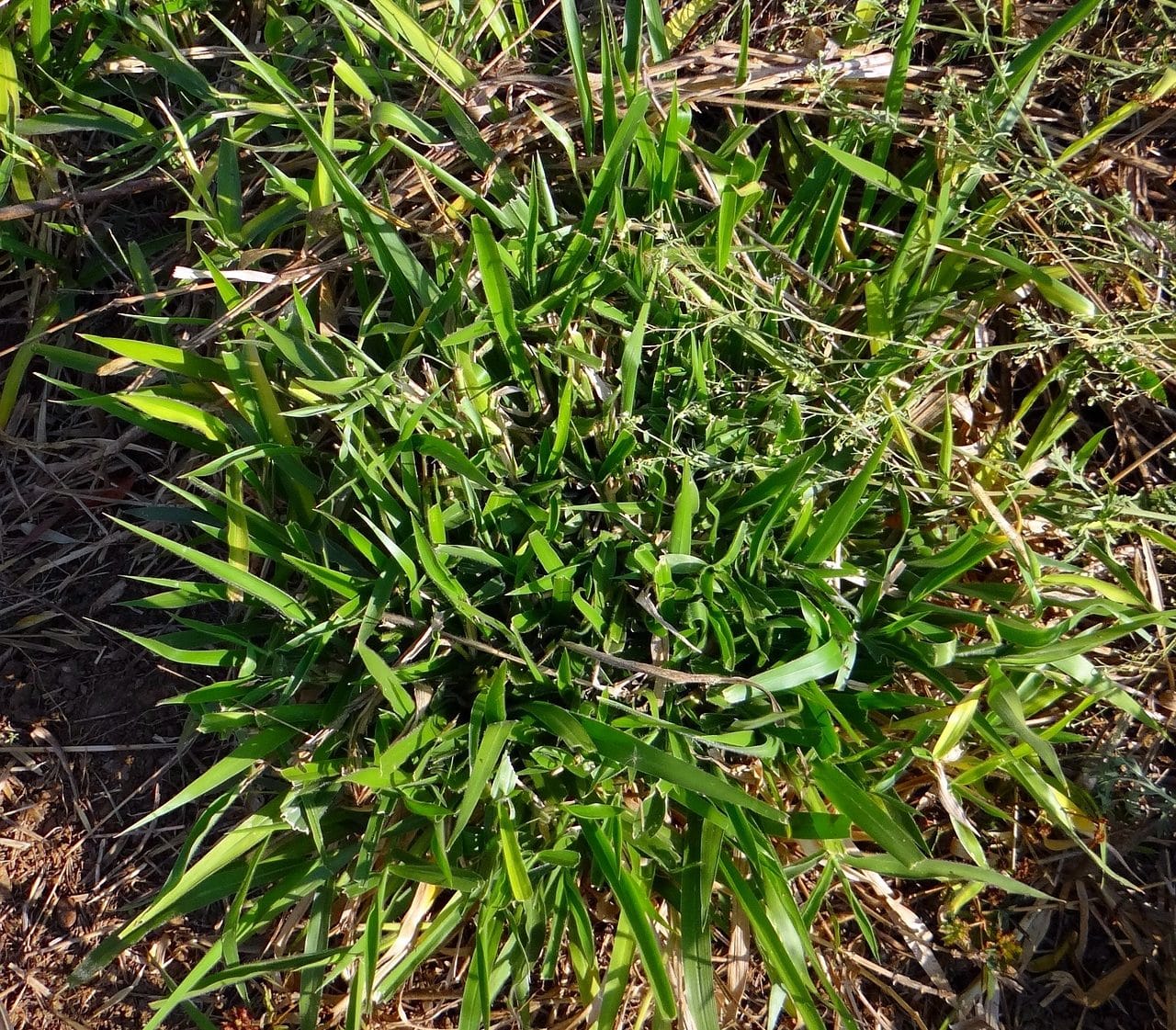
Biomass is organic matter generated through a biological process that can be used for energy production.
Biomass is a term with two main meanings recognized by the Royal Spanish Academy ( RAE ). On the one hand, the concept refers to organic matter that is generated through a biological process (whether induced or spontaneous) and that can be used to produce energy . On the other hand, biomass is the totality of the matter of the organisms that live in a certain place, which is expressed in weight per unit of volume or area.
Before moving forward, it is necessary to know the etymological origin of the concept. It is a word of Greek origin since it is the result of the sum of two components of said language:
- The noun bios , which can be translated as "life."
- The word madza , which is synonymous with "dough ."
Biomass for energy generation
The first meaning mentioned is the most popular, since it is used in the field of energy production. In this case, the idea is focused on biomass that can be used for energy generation.
The radiant energy of the sun's rays, upon reaching our planet, is absorbed by plants. These living beings, through the process known as photosynthesis , convert this radiant energy into chemical energy . A portion of this energy is stored as organic matter : that biomass can be processed to harness the energy and transform it into fuel .

The combustion of biomass allows us to obtain energy.
Classification according to type
In addition to all the above, we cannot ignore the existence of two types of biomass:
- Natural biomass .
- The residual biomass . Within this category are forestry waste, agricultural waste, livestock waste, urban waste...
Biomass boost
In recent years, there has been a push to promote biomass due to a series of factors:
- A notable climate change is occurring.
- The price of oil is increasing.
- There has been an increase in agricultural production and it is necessary to find alternative uses for it.
- The different government spheres are committed to providing aid and subsidies to those who dare to produce biomass.
Your advantages
Among the main advantages of biomass we can highlight the following:
- It is a type of energy of renewable origin: that is, it comes from sources that are not only natural but also inexhaustible.
- It becomes a great tool to promote forest cleaning.
- It does not pollute and is respectful of the environment.
It must be taken into account that biomass is not only the part of organic matter that can be used to produce energy: there is also biomass that serves as fertilizer or that can be used as food . Furthermore, it is important to consider that the link between biomass and useful energy varies according to different factors.
Obtaining energy from biomass
The simplest method of obtaining energy from biomass is direct combustion : for example, burning wood.
Biofuels are also made by taking advantage of the energy present in biomass, although the process is more complex.
